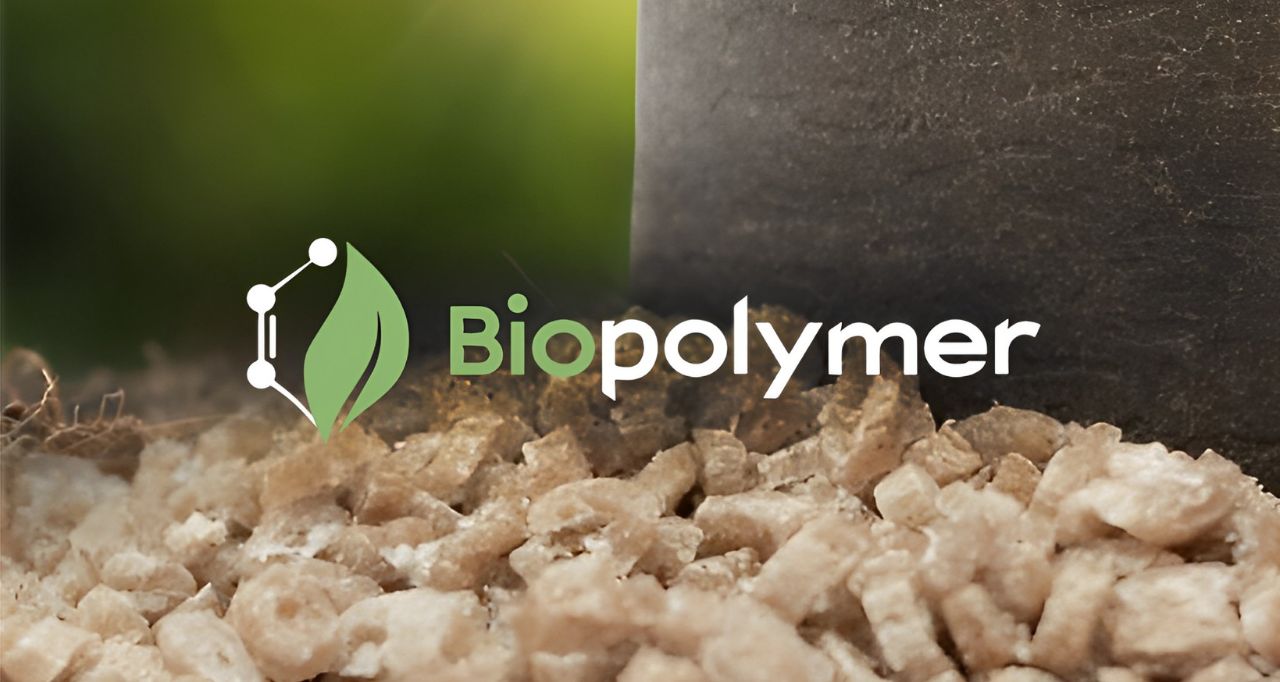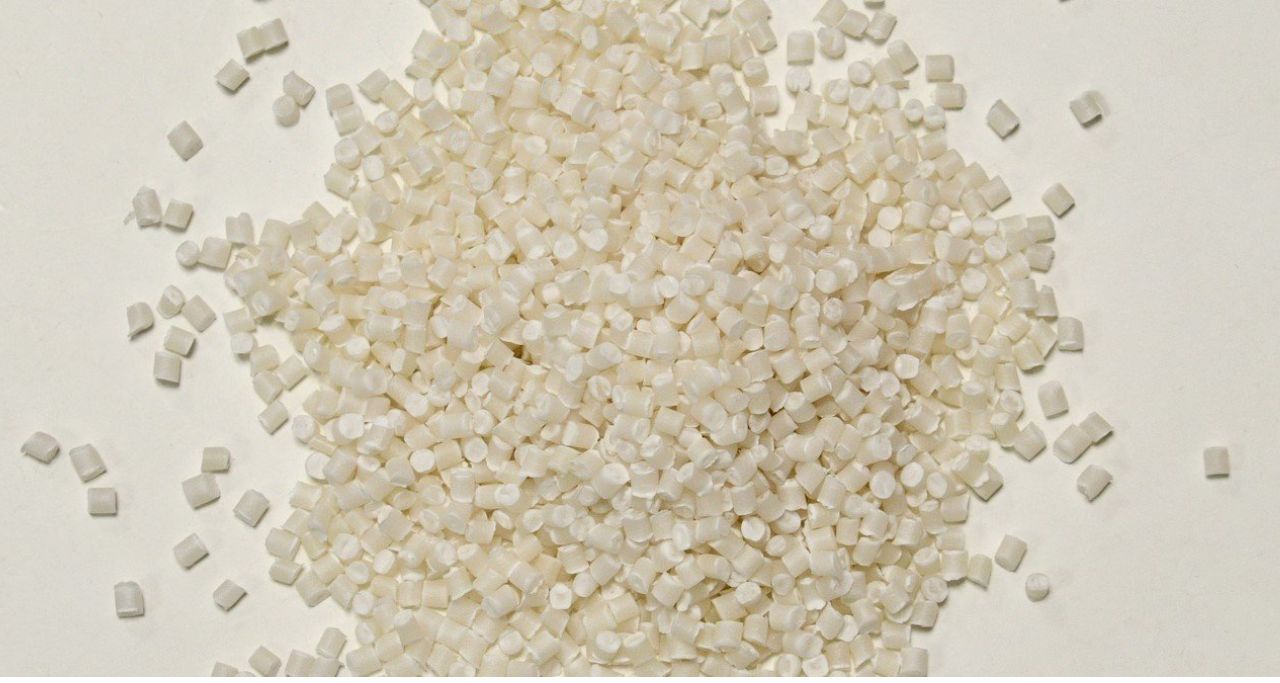Understanding Biopolymers: The Key to Achieving a Circular Economy

Welcome to "Understanding Biopolymers: The Key to Achieving a Circular Economy." In this blog, we will delve into the fascinating world of biopolymer and their pivotal role in creating a sustainable future. As the world shifts toward a circular economy, biopolymers have emerged as a game-changing solution. With their renewable and biodegradable properties, biopolymers offer a promising alternative to traditional petroleum-based plastics.
Throughout this article, we will explore the definition, applications, challenges and Future of biopolymers and environmental benefits of biopolymers. Join us on this journey to discover how biopolymers are revolutionizing industries and contributing to the vision of a circular economy.
Introduction
Welcome to our comprehensive guide on biopolymers, where we explore the fascinating world of sustainable materials and their significance in shaping a greener future. In this article, we will delve into the definition and concept of biopolymer, shedding light on their importance and relevance in today's world.

Definition and Concept of Biopolymers
Biopolymers are a class of polymers derived from renewable sources such as plants, animals, and microorganisms. Unlike traditional plastics, which are derived from fossil fuels, biopolymers offer a more sustainable alternative. These materials are characterized by their ability to biodegrade and have a reduced carbon footprint, making them environmentally friendly choices for various applications. Currently Biopolymer is being produced by AirX, a pioneer in this field and applying it to practical applications.
Importance and Relevance of biopolymers in Today's World
In an era of heightened environmental concerns, biopolymers play a crucial role in addressing sustainability challenges. By embracing biopolymers, we can reduce our reliance on fossil fuels and mitigate the negative impacts of plastic waste on our planet. biopolymers offer numerous benefits, including decreased carbon emissions, resource conservation, and improved waste management. Moreover, they contribute to the development of a circular economy, where materials are designed to be reused, recycled, or composted, thus minimizing environmental harm.
Understanding the potential of biopolymers is key to driving sustainable innovation across industries, including packaging, textiles, automotive, and more. By incorporating biopolymers into our daily lives, we can make significant strides towards a greener and more sustainable future.
- Learn more about biopolymers product: Carbon-negative. Recyclable. The ultimate PP.
Properties and Benefits of Biopolymers
Biopolymers possess a range of properties that make them highly desirable in various industries. Understanding these properties is crucial to fully grasp the benefits they offer.
Performance characteristics
Strength and durability: biopolymers exhibit impressive strength and durability, making them suitable for a wide range of applications. They can withstand heavy loads and resist mechanical stress, ensuring the integrity and longevity of products.
Heat resistance and flexibility
Biopolymers demonstrate excellent heat resistance, allowing them to maintain their structural integrity even at high temperatures. Additionally, they offer flexibility, enabling their use in applications that require bending or stretching without compromising their performance.
Applications in various industries

- Packaging and disposable products: biopolymer find extensive use in the packaging industry, providing sustainable alternatives to traditional plastics. They can be molded into different shapes and sizes, offering versatility for packaging solutions. biopolymer-based disposable products, such as cutlery, cups, and food containers, contribute to reducing waste and environmental impact.
- Medical and healthcare sector: biopolymers are increasingly used in the medical field due to their biocompatibility and biodegradability. They are utilized in the production of surgical implants, drug delivery systems, and tissue engineering scaffolds. biopolymers ensure compatibility with the human body, of adverse reactions and offer potential for regenerative medicine.
- Automotive and construction industries: biopolymers are gaining traction in the automotive and construction sectors. They are utilized in interior components, such as dashboards and door panels, due to their lightweight nature and ability to withstand extreme temperatures. Additionally, biopolymers are used in construction materials, offering sustainable alternatives for insulation, coatings, and adhesives.
The unique combination of performance characteristics and diverse applications make biopolymers a valuable choice for industries seeking environmentally friendly and sustainable solutions. Their strength, durability, heat resistance, and flexibility, along with their applications in packaging, healthcare, automotive, and construction, contribute to a more sustainable and eco-conscious future.
Challenges and Future of Biopolymers
Biopolymer have immense potential in creating a more sustainable future. However, their widespread adoption faces certain limitations and barriers that need to be addressed.

Limitations and barriers to widespread adoption
- Cost: biopolymer are often more expensive to produce compared to traditional petroleum-based polymers. This cost difference can hinder their widespread use, especially in price-sensitive markets.
- Performance limitations: Some biopolymer may have lower mechanical strength or heat resistance compared to conventional polymers. This can limit their application in certain industries that require specific performance characteristics.
- Infrastructure and processing: The infrastructure required for the production and processing of biopolymers is still developing. This includes facilities for sourcing raw materials, manufacturing processes, and waste management systems. The lack of a well-established infrastructure can impede their adoption on a larger scale.
One solution to address these issues is the consideration of cost, which involves choosing a low-cost supply source. With products manufactured by Airx, the lowest prices can be ensured compared to competitors in the industry.
Moreover, bulk purchasing has a significant impact on reducing prices to a level comparable to conventional biopolymer production costs. Additionally, with advanced technology, biopolymer production still maintains fundamental durability. Our successfully produced bio-based resin particles from coffee grounds can be applied to various types of plastics such as PVC, ABS, POM, PE, and PP. Products made from coffee-based bio-plastics possess remarkable physical properties in terms of strength, hardness, heat resistance, and high impact resistance.
Technological advancements and ongoing research
- Material innovations: Ongoing research is focused on improving the performance and properties of biopolymers, including their strength, durability, and thermal stability. Scientists are exploring new formulations and processing techniques to enhance their overall performance.
- Sustainable sourcing: Researchers are working on developing biopolymer from renewable sources such as agricultural waste, algae, and bacteria. These advancements aim to reduce the reliance on food crops and further enhance the sustainability of biopolymers.
Potential for a more sustainable and circular economy
- Closed-loop systems: biopolymer have the potential to contribute to a circular economy by enabling the recycling and composting of products. Biodegradable biopolymers can be broken down into organic matter and reintegrated into the natural environment, reducing waste and resource consumption.
- Reduced environmental impact: biopolymer, compared to conventional polymers, have lower carbon footprints and reduce dependency on fossil fuels. By replacing petroleum-based plastics with biopolymer, we can mitigate greenhouse gas emissions and lessen the environmental impact associated with plastic waste.
As technological advancements continue and research progresses, the challenges hindering the widespread adoption of biopolymers can be overcome. The potential of biopolymers in building a more sustainable and circular economy is promising, offering opportunities for reduced environmental impact and increased resource efficiency. With ongoing innovation and investment, biopolymer can play a significant role in shaping a more sustainable future.
Contact us
AirX is the world's first carbon-negative bio-material made from coffee grounds manufacturer.
We specialize in producing bio-based composites using recycled carbohydrates derived from by-products such as coffee grounds, coconut husk, husk, and bamboo. Our goal is to promote sustainability through the use of eco-friendly materials.
We are always here to help and provide the best service possible. If you have any questions or would like to receive advice and feedback directly from our sales staff, please do not hesitate to contact us. You can reach us through:
- Whatsapp: +84 969 742 950
- Email: [email protected]
We look forward to hearing from you!

